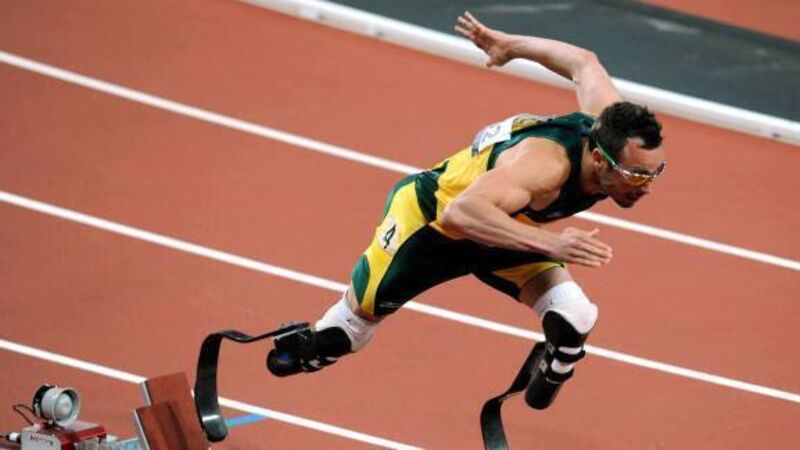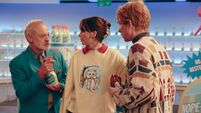Top 10 biggest advertising fails

THIS week, the Advertising Standards Authority of Ireland upheld a complaint about a Paddy Power ad that featured athlete Oscar Pistorius. The bookies was offering to refund bets if the Olympian was found not guilty of murder. Their slogan was ‘Money back if he walks,’ but Pistorius is a double amputee. It’s not the first misjudged marketing campaign — here are some other glorious marketing ‘fails’.











